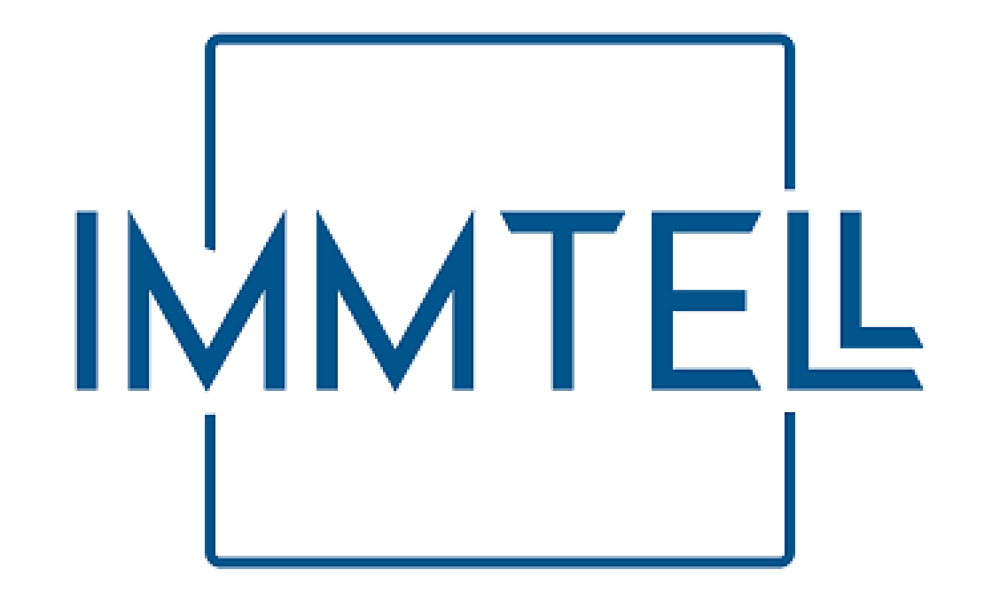A Guide to UK Visa Sponsorship in the UK Care Sector
The UK care sector continues to face significant resourcing challenges, and despite the Home Secretary’s recent announcements, immigration sponsorship presents a viable solution. This high-level guide will walk you through employing overseas workers, highlighting the benefits, the necessary steps, and the continued sponsorship obligations.
Understanding the Process
Sponsoring an overseas worker in the UK care sector involves several key stages, each with its requirements and considerations.
1. Why Consider Immigration Sponsorship?
Immigration and visa sponsorship allows access to a global pool of skilled professionals, including carers and nurses, crucial for filling staffing gaps in the care sector. While upfront costs are involved, the long-term benefits – stable staffing, diverse skills, and enhanced care quality – are substantial.
2. Choosing the Right Visa
- Skilled Worker Visa: Suitable for various roles in the care sector, it requires meeting specific salary and skill levels. Further details of this visa type are available upon request; it is used infrequently in the care sector for frontline staff.
- Health and Care Visa: A streamlined version of the Skilled Worker Visa, specifically for healthcare professionals, offering a significantly lower minimum salary requirement (£20,960pa for a carer), exemption from the Immigration Health Surcharge, faster decisions, and reduced application fees. However, from 11 March 2024, NEW Health and Care worker visa holders will not be allowed family members to accompany them to the UK.
3. Applying for a Home Office Sponsor Licence
Before sponsoring an overseas worker, your organisation must apply for a Home Office Sponsor Licence. This involves:
- Gathering Documentation: You must prove your organisation’s legitimacy and readiness to take on sponsorship duties. This includes business registration documents, registration with the CQC, financial statements, and evidence of a robust HR system.
- Understanding the Costs: The application fee is £536 for small businesses and £1,476 for medium and large businesses. We can help you ascertain which group your organisation falls within.
- Processing Time: It typically takes about eight weeks for the Home Office to process a sponsor licence application; an expedited option to around two weeks is usually available for an additional fee.
4. Issuing Certificates of Sponsorship
Once your organisation has a sponsor licence, you can issue a Certificate of Sponsorship (CoS) to each prospective employee. Think of a CoS as a digital work permit; it is essential for their visa application and costs £239 per certificate.
In addition to the CoS fee, employers must pay the Immigration Skills Charge. This is payable upfront for the initial sponsorship, typically 3 or 5 years. The fee is £364 per year for small organisations and £1,000 for medium and large organisations – an excellent reason to get this right!
You will usually be considered a small sponsor if at least two of the following apply:
- Your annual turnover is £10.2 million or less
- Your total assets are worth £5.1 million or less
- You have 50 employees or fewer
As the sponsor, you must pay both fees; you must not pass them on to your new employee.
5. The Visa Application Process
Your overseas employee will apply for their Health and Care Worker visa using the CoS you’ve issued. They’ll need to meet the English language requirement, possibly provide a TB test result (depending on which country they are applying from) and pay the visa application fee (£284 for up to three years, £551 for up to five years).
You may ask your new employee to pay the application fee.
6. Supporting Your Overseas Worker
Once the visa is granted, supporting your new employee is essential. This includes helping with relocation, cultural integration, and practical aspects like preparing to drive on UK roads – which is particularly important for domiciliary care. Your ethical recruitment partner should be willing to support with some or all these vital aspects; if not, it could be a cause for concern.
7. Ongoing Sponsorship Duties
As a sponsor, you have ongoing duties:
- Record-Keeping: Maintain detailed records for each sponsored employee. For example, contact details, absences, etc.
- Reporting: Notify the Home Office of significant changes in employment. For example, work location, hours, salary reductions, job title and duties.
- Salary: You must continue to pay your new employee at least the amount stated on their CoS. If you reduce their hours, the salary must be maintained to meet the minimum requirements.
- Audit Readiness: Be prepared for Home Office inspections to ensure compliance; these increased in 2023 and are expected to reach record highs in 2024.
Conclusion
Sponsoring overseas workers in the care sector is a commitment that extends beyond the financial investment. It’s about building a supportive environment for international staff and ensuring your organisation meets its compliance obligations.
With expert guidance from Immtell and our ethical recruitment partner, Tier Resources International, navigating this process becomes smoother, providing that your care facility is well-equipped with the skilled staff it needs.
Please get in touch with us to talk about how we can help.






